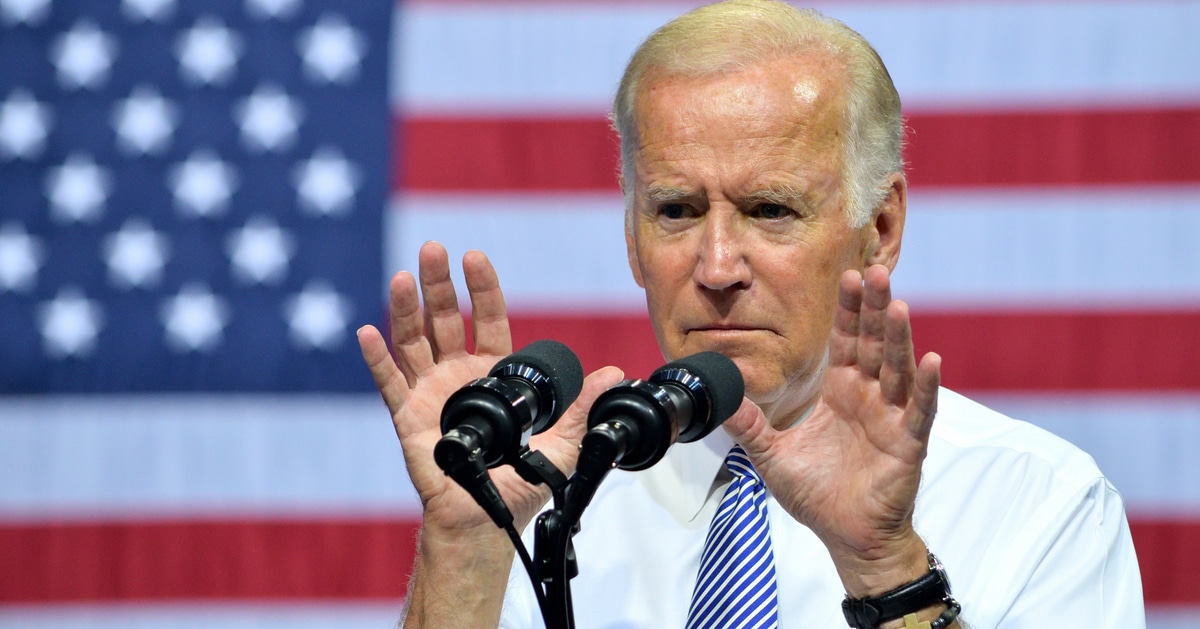The initiative aimed to alleviate the financial burden on millions of student loan borrowers by reducing monthly payments and expediting loan forgiveness, with 8 million borrowers already enrolled.
In June 2023, however, the Supreme Court struck down a similar $400 billion debt forgiveness program in Biden v. Nebraska, setting a precedent that complicated further efforts in this direction.
Biden Administration Faces Setback in Legal Struggle
The latest obstacle came on August 9, when the U.S. Court of Appeals for the Eighth Circuit ruled that the SAVE plan likely violated the major questions doctrine.
This led to a nationwide injunction preventing the federal government from implementing key components of the plan, including the forgiveness of loan principal or interest and certain changes to loan interest calculations and income-based payments.
Reacting to this setback, President Biden sought immediate relief from the Supreme Court. On August 13, his administration filed for an emergency action to vacate the Eighth Circuit's injunction, stressing the urgency of resuming the program.
Subsequent efforts by the Biden administration to have the injunction lifted or narrowed were highlighted on August 23, when Biden referenced a 10th Circuit decision that briefly allowed for the resumption of income-based repayment structures.
Justice Brett Kavanaugh was responsible for referring the administration's application to the full Supreme Court, which ultimately denied the request to reinstate the SAVE plan. The decision was made without any recorded dissents from the justices.
The Supreme Court urged the Court of Appeals to expedite its decision, acknowledging the ongoing legal proceedings still pending in lower courts. This indicates a push from the highest court for a swift resolution to the entangled legal debates surrounding the plan.
Nationwide injunctions such as this one have been controversial. Justices Neil Gorsuch and Clarence Thomas have criticized these injunctions for potentially exceeding judicial limits, a sentiment echoed by Gorsuch in 2020 when he commented on the judiciary's role in such expansive legal measures.
Political Reactions and Future Implications
The decision was met with approval from Missouri Attorney General Andrew Bailey, who has been a vocal critic of the Biden administration's approach to student loan relief. Bailey praised the Supreme Court for siding with his office against what he termed "one of Joe Biden and Kamala Harris’ unlawful student loan cancellation schemes."
"This is a huge win for every American who still believes in paying their own way," Bailey stated, underscoring his position on the matter.
Meanwhile, the legal tussle has broader implications. On the same day as the SAVE plan decision, the Supreme Court also rejected a request from Alaska to vacate a decision by the 10th Circuit, further demonstrating the complex judicial landscape currently navigating these policy proposals.
In his advocacy, President Biden cited a previous Supreme Court ruling to argue against the broad reach of the Eighth Circuit's injunction. He suggested that more tailored relief could adequately address the plaintiffs' concerns without the need for such extensive judicial measures.
"One circuit should not be able to inhibit the development of ‘thoughtful precedent at the circuit level’ by issuing an injunction with universal reach in circumstances where more tailored relief would fully redress the plaintiffs’ asserted injury," Biden argued in his brief to the Supreme Court.
The dialogue between the executive and judicial branches continues as stakeholders await further developments in the ongoing legal proceedings surrounding the future of student loan forgiveness in the United States.







